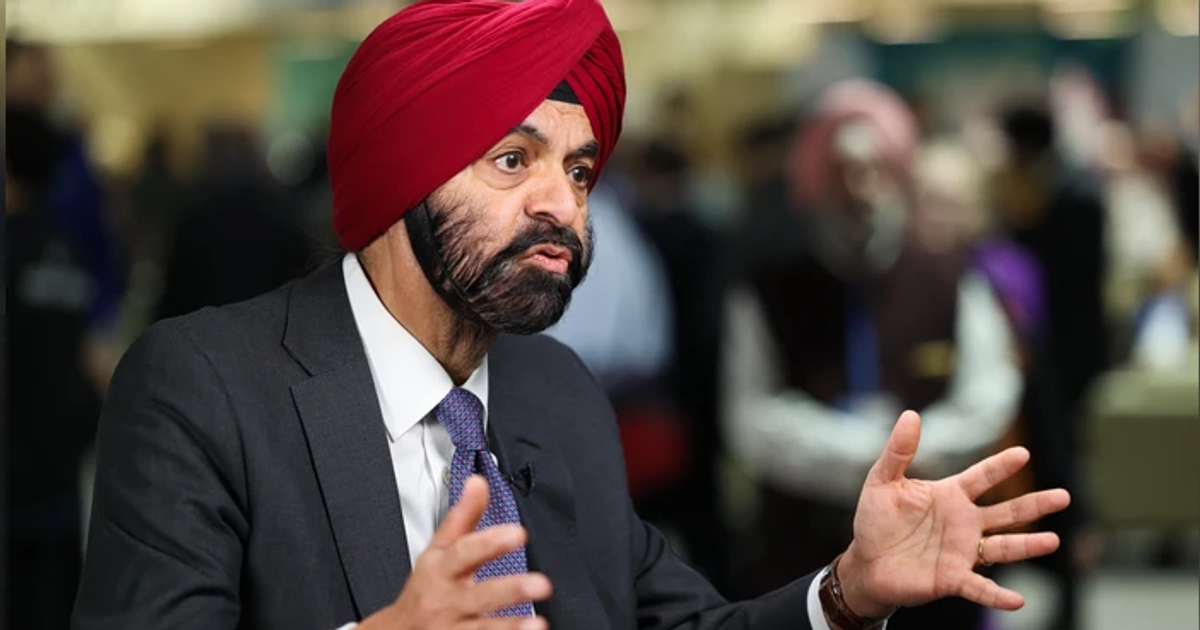
For more than two decades, Zimbabwe has been locked out of international financial markets, burdened by a debt default that has left the country unable to secure vital external funding.
Now, World Bank President Ajay Banga is calling for a major policy shift, urging Harare to engage formally with the Group of 20 (G20) as a pathway to break free from its financial isolation.
Zimbabwe currently carries $21 billion in foreign debt, owed to the World Bank and other international creditors, a crisis dating back to its first default in 2000.
The default followed years of economic turmoil, fuelled in part by a controversial land reform programme and persistent macroeconomic instability.
Despite repeated efforts—including attempts to leverage mining revenues and appeals to raise $2.6 billion from a coalition of nations to settle arrears—Zimbabwe has failed to regain the trust of global lenders or achieve meaningful debt restructuring.
Ajay Banga has warned that unilateral attempts to resolve the crisis will only prolong the country’s economic stagnation.
“Trying to solve this problem alone would prolong the impasse for another five years,” he cautioned, advocating instead for “a structured initiative, backed by international cooperation,” to chart a sustainable exit from the debt trap.
By working through the G20’s Common Framework for debt treatment—a platform that has facilitated restructuring deals for other heavily indebted nations—Zimbabwe could secure coordinated support from bilateral creditors, multilateral lenders, and international financial institutions.
Zimbabwe’s prolonged defaulter status, shared only with nations such as Belarus, Syria, and Eritrea, continues to choke its access to external financing.
This exclusion threatens economic recovery at a time when the country faces soaring inflation, unemployment, and sluggish investment, despite its considerable mineral and agricultural resources.
A G20-led approach, analysts say, could reopen access to multilateral refinancing and debt relief. But success will hinge on Zimbabwe’s willingness to pursue transparent, credible negotiations and implement reforms needed to restore confidence among international partners.



